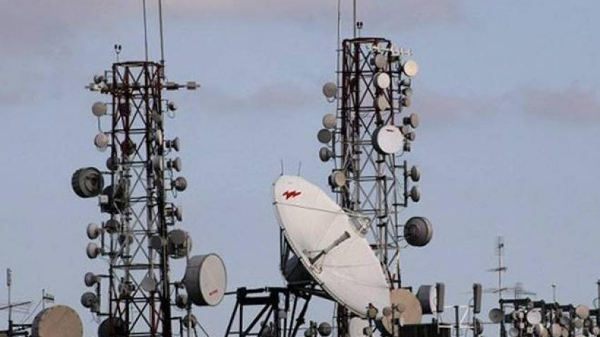As per the recent mobility report by Ericsson, India is expected to have 500 million 5G mobile subscribers by the end of 2027. 4G is expected to continue as the most used technology while 5G is expected to represent 39% of mobile subscribers by 2027.
During a press briefing, Mr. Nitin Bansal, Head of Ericsson India, and Head of Network solutions for Southeast Asia mentioned that “4G is expected to remain a dominant technology for India, even in 2027. However, it is expected that the subscription could drop from around 719 million currently to about 710 million in 2027, which is annual average decline of about 2%. 4G subscriptions are expected to reduce from 68% to 55% (between 2021-2027).”
Ericsson expects initial use cases for 5G network to be consumer centric as they are closely tied with Bharti Airtel and Vodafone Idea for 5G trials in India.
According to Mr Nitin Bansal, 5G is expected to serve as a capacity enhancer for the increased data traffic on the networks, which consumers are demanding. And then over time, this technology will also be adopted by advanced enterprise where use cases will be on a continuous basis be developed.
He further added that 5G for business presents a US$ 17 billion opportunity by 2030, a 48% incremental growth from existing levels.
The Enterprise segment offers a profitable opportunity for telecom players in India. Companies like Airtel and Vodafone Idea are banking on this and have already inked partnerships with major tech companies including Accenture, Amazon Webservice (AWS), Cisco, Ericsson TCS, Nokia, and Google cloud.
You may also like
-
Trade Connect E-platform For Exports Is Single Window, Fast, Accessible And Transformational: Shri Piyush Goyal
-
Dot Simplifies Approval Processes For Telecom Licenses And Wireless Equipment
-
Coal Production and Supply Trends on Positive Trajectory
-
Union Minister To Release Booklets On Promotion Of Indigenous Species & Conservation Of States Fishes
-
2nd India-Japan Finance Dialogue held in Tokyo on 6th September, 2024
